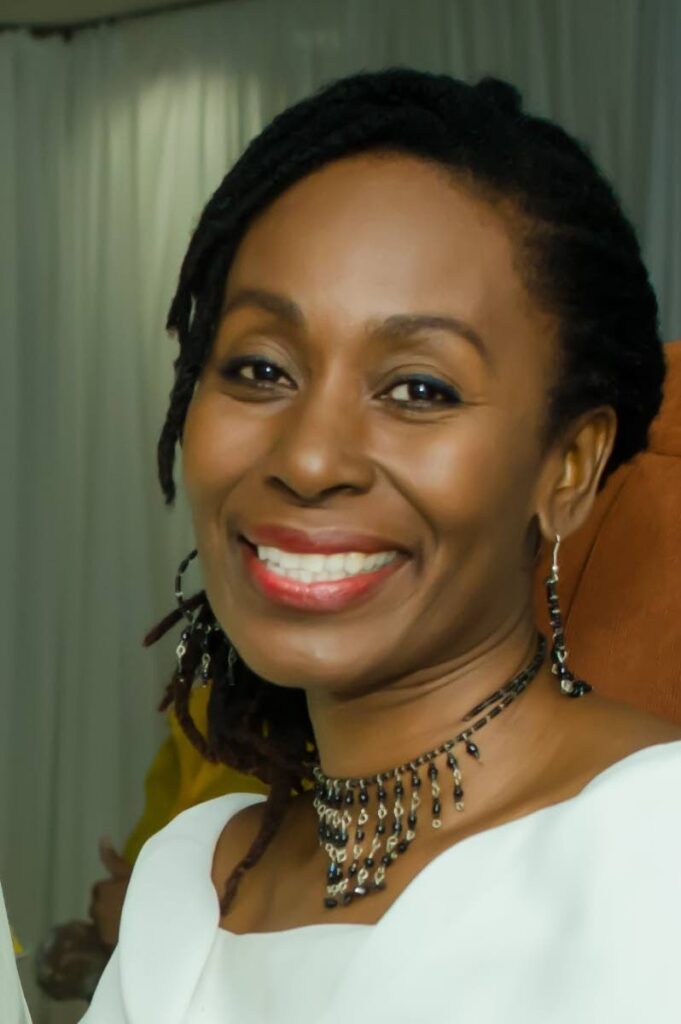A calypso story from Tobago

Culture Matters
Dara E Healy
When visitors pass through Trinbago
This is what they tell you
Come discover one of us
Come discover both of us
And why not come and discover all of us
For together we aspire
And together we achieve
The way we live is hard for them to believe
– Michael Baker, Come Discover Both of Us
I THINK I've already confessed to you that as a child the Mighty Shadow was my favourite calypsonian. I did not know that he grew up in Tobago – not that it would have mattered to me. Later, I admired Calypso Rose for her achievements as a woman in the male-dominated calypso arena. I loved the storytelling in More Tempo, and sang Going Down San Fernando with as much enthusiasm as the rest of the country.
The growing excitement about another Tobago carnival started me thinking about calypsonians from Tobago. Were there particular songs that influenced my childhood? Did growing up in Tobago cause them to approach calypso differently? And since we are a twin-island nation, should it matter where you come from?
It seems that it does. Lord Nelson is one of the most prolific calypsonians to have emerged from our nation, born in Plymouth in the 1930s. His music legacy is vast. It includes internationally famous songs like Meh Lover, Disco Daddy and King Liar.
In my view, King Liar is one of the most brilliant pieces of music ever created.
“The judges brought the crowd back to order/And asked the Lion to lie ’bout a tailor/He say, My man is the best, Rolfie is his name/Cutting cloth, making suit is his game/Don’t show him the man, my tailor is class/Just show him the corner where the fella pass/And he go make a suit/That is tailor! You hear lie?”
Yet in an interview with John Arnold, Lord Nelson quoted one of his songs to show how he felt about not being truly accepted as part of the national calypso fraternity.
“I born in Tobago. I bounce meh toe. I do box cart. I grow up in Plymouth. How can they call me a foreigner?”
Of course, he is right.
I recall a time when Tobagonians felt they needed to fight for a voice, for respect and a space in the national consciousness. Many travelled or even moved abroad, capitalising on the interest in our calypso, the potential to build a lucrative career and, yes, the respect and adoration that were too often missing at home.
Calypso Rose has shared how she had to battle traditional, Christian ideas about calypso.
“I had so much opposition in the late 50s and 60s; my father thought calypso was the devil’s music…I got called into several meetings with female church groups asking me, 'Why are you singing calypso?'”
Michael Baker’s song Come Discover Us, though written in the 1970s, became popular some 20 years later, when he began hosting Baker’s Scouting for Talent. In an interview several years ago, he expressed concern that the younger generation did not know his music.
I would say that it is not just a concern for the young people in Tobago. There is a need to share the music of all our calypsonians more widely and listen to the critical messages they have on crime, education and other social challenges.
Tobagonians continue to search for their place in our union and the world. Their carnival is a pivotal aspect of this journey, as they aim not simply to do a version of the festival as seen in Trinidad, but to root it in traditions and values that are intrinsically Tobagonian.
Tonight, for instance, there is a concert that will showcase the children of legends like Ras Shorty I, Merchant and Mighty Shadow. In addition to being an unforgettable experience, the show emphasises that to know where we are going, we must understand the past and support future generations.
One Family by Lord Nelson is about a time in Tobago when community was fundamental. “When we working or we loving/Is so the whole day long/Going from dusk to dawn/Rubbing shoulder all together/Poopa, gangan, tanty, macomere, pickney…All ah we is one family.”
Nelson’s song is a reminder that we urgently need to return to a harmonious way of living with each other. It is still a powerful message for our entire nation and for generations of calypsonians – on both our islands.
Dara E Healy is a performance artist and founder of the Indigenous Creative Arts Network – ICAN

Comments
"A calypso story from Tobago"